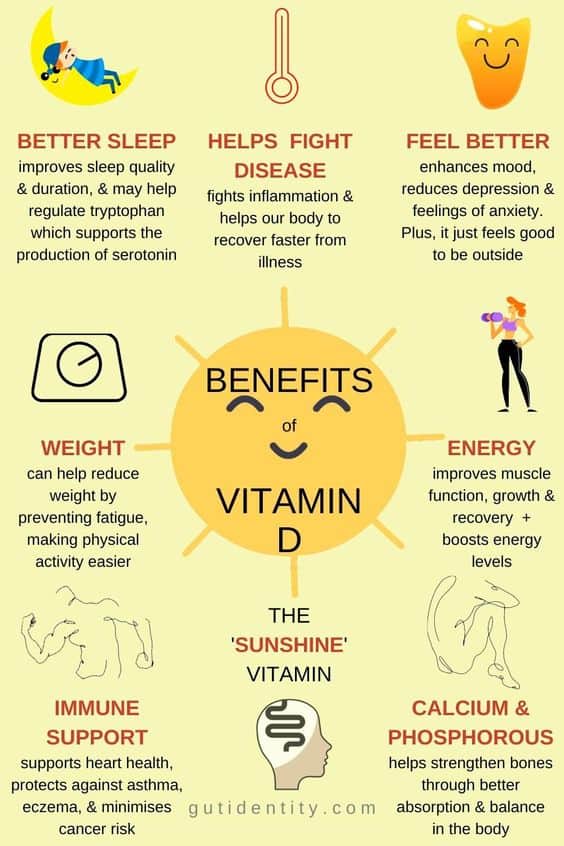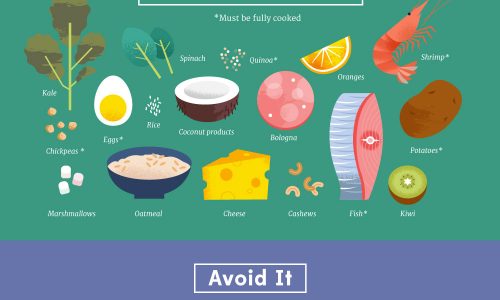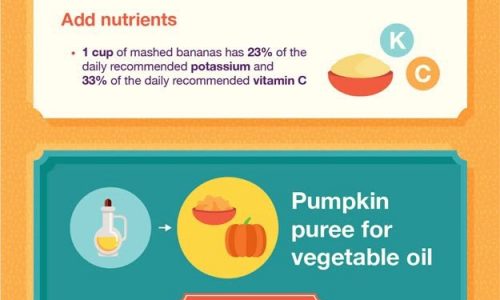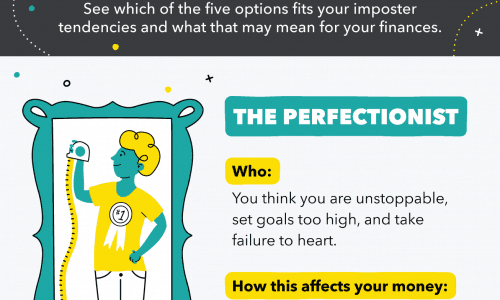
Vitamin D has recently been in the spotlight as research has suggested that a deficiency of this sunny vitamin may have links to poor outcomes in Covid-19 infected people. In the northern hemisphere, as the days grew shorter and the amount of sunlight slipped, many people no longer received their daily dose of sunshine as the virus took hold once again.
Recent research suggests that a large number of people who are positive for Covid-19 are also Vitamin D deficient. Vitamin D regulates the absorption of calcium and phosphorous. It also enables a normal immune response. It enhances your mood and helps you to sleep through the night.
Vitamin D is known as the sunshine vitamin because our bodies produce it in response to sunlight on our skin. There are also perfectly good food sources of vitamin D around. Unless you’re a vegan and won’t eat dairy products or eggs, you can satisfy your body’s daily need for vitamin D by eating eggs, milk, and yogurt. Oily fish, salmon, and beef liver are also fine sources of vitamin D.
People with darker skins need more time in the sunshine or they may become vitamin D deficient. This is of course especially true if they live in the far northern or southern hemisphere where the winter days are very short. Older people are also less adept at converting sunlight to vitamin D so many need to take supplements.
There is no evidence that vitamin D can help to avoid Covid-19 or mitigate the body’s response, but it forms a vital part of your nutrition. So, if you’re not getting enough sunshine it may be time to take out those supplements.





